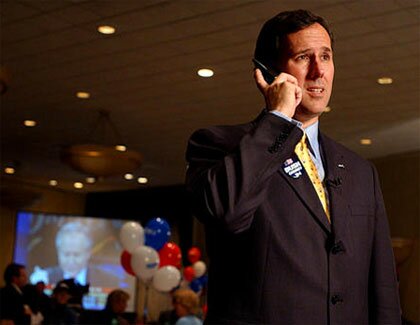Demand A Sustainable President
Keep your eye on the University of Vermont long enough, and you’ll notice one trend above all others: the campus erupts in scandal, those scandals produce statewide outrage, and then the President and the Board of Trustees snap into action – so long as the scandal doesn’t directly concern the President or the Board of Trustees.

Search your memory for recent UVM scandals, and then search it for changes those scandals produced. The binging scandal? UVM adopted a zero-tolerance policy concerning on-campus drinking. The hazing scandal? Then-President Judith Ramaley scratched the hockey season and announced – you see the pattern already – a zero-tolerance policy concerning hazing.
But outrage concerning UVM’s higher administration produces only more outrage.
When Dan Fogel refused to live in Engelsby House, the Trustees responded – with a housing allowance that eventually totaled a quarter of a million dollars. When an inappropriate relationship ended Fogel’s tenure, the Trustees responded – with lavish pay-outs that benefited all three of that scandal’s central players, including two asked to leave University service.
Yes, this has to do with an overly chummy relationship between the President and the Board, but there’s more: UVM’s Trustees remain committed to a corporate style of governance in which a premium is placed on downsizing, and those accomplishing the sharp reductions at the bottom are always “incentivized” with a healthy percentage of the savings.
At the corporate level, this is a strategy for the American executive class to survive globalization with their own benefits and prestige intact, and no less so at the University. We are now entering the fourth year of recession, but corporate profits are at record highs.

I’ll offer just one parallel statistic concerning UVM: In 2002 the University had three Vice Presidents, but by 2009 we had twenty-six.
Twenty-six Vice Presidents.
So one of the reasons the Trustees resist pressure to “rightsize” the total compensation of UVM’s President is that it casts an unwanted spotlight on an entire administrative culture of largesse. Reductions in the highest salary would necessitate reductions in pay for the VP’s just below, and so on.
Even the head-hunting firm UVM hired to find Fogel’s replacement is actually paid – well more than $200,000 – based on the incoming President’s projected salary. Each protects the next.
And when the Trustees eventually go public with a plan to pay the newcomer not less but more than the eye-popping figure Fogel received, they will argue that the compensation is pegged to that of higher-paid Presidents nationwide, and that therefore their hands as a Board are tied. They’ve already begun to hint that incoming candidates will be bringing their own lawyers to negotiations – another way of suggesting that reform is impossible.
But let me say this as simply as I can: Don’t believe them.
We can pay the incoming President less than Fogel received overall – and we should. We can eliminate housing allowances, performance bonuses and paid leaves upon termination – and we should. We can demand a sustainable President to match the sustainable workforce the Trustees are cutting so painfully to create. We can, but you – you reading these words – need to demand it now, before negotiations with the next President begin.
Vermont leads, and we can help to reform runaway Presidential salaries nationwide, rather than being held hostage by them. Let’s face the brutal facts – we are a nation mired in the Great Recession, and there are plenty of gifted fundraisers and savvy Provosts who would take on the President’s title for a good deal less.
That’s the deepest secret, of course, the truth that corporate America seeks to conceal above all else: if golden parachutes become suddenly unavailable, CEOs and University Presidents will eagerly compete for bronze.
Philip Baruth is a State Senator representing Chittenden County, and a Professor in the UVM English Department.










